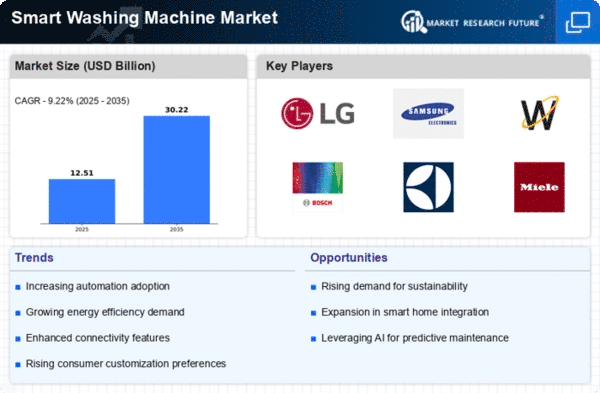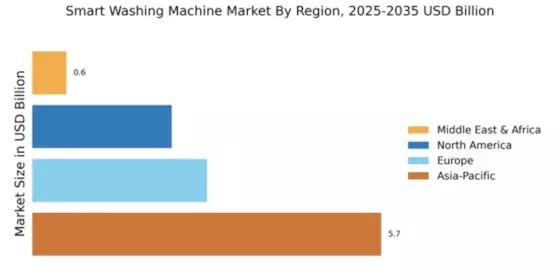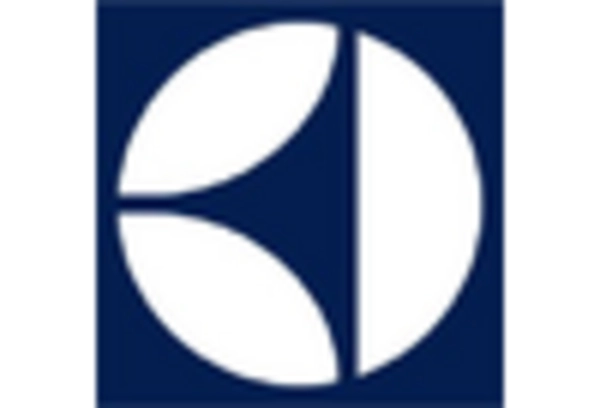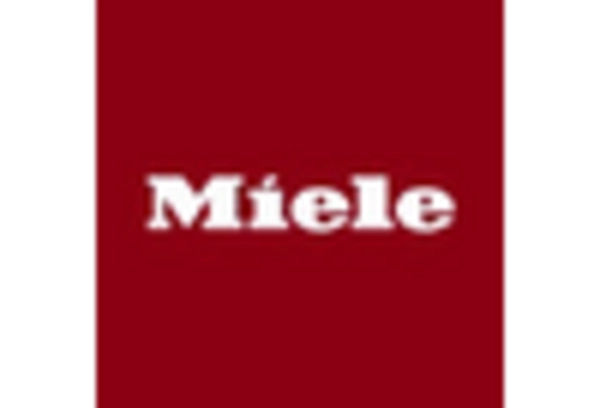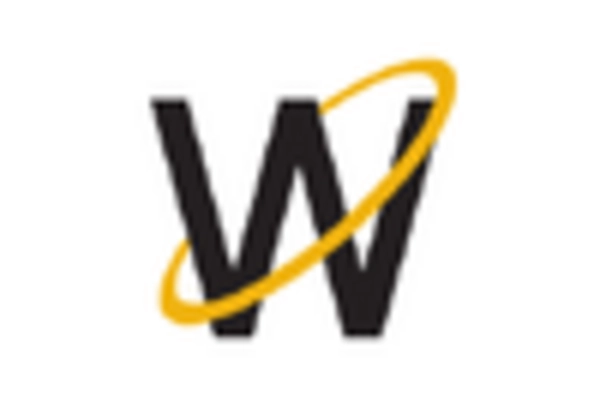Urbanization Trends
Urbanization plays a crucial role in shaping the Global Smart Washing Machine Market Industry. As more people migrate to urban areas, the demand for compact, efficient appliances rises. Smart washing machines, which often feature space-saving designs and advanced functionalities, cater to the needs of urban dwellers who prioritize convenience and efficiency. This trend is expected to drive market growth significantly, as urban populations are projected to increase substantially over the next decade. The convenience offered by these machines aligns well with the fast-paced lifestyle of city residents.
Market Growth Projections
The Global Smart Washing Machine Market Industry is projected to experience substantial growth over the next decade. With a market value expected to reach 30.2 USD Billion by 2035, the industry is poised for significant expansion. The anticipated compound annual growth rate of 9.22% from 2025 to 2035 indicates a robust demand for smart washing machines. This growth is driven by various factors, including technological advancements, rising consumer awareness, and evolving lifestyle preferences. As the market continues to evolve, it is likely to attract new players and innovations.
Rising Consumer Awareness
Consumer awareness regarding energy efficiency and sustainability is a driving force in the Global Smart Washing Machine Market Industry. As individuals become more environmentally conscious, they tend to prefer appliances that minimize resource consumption. Smart washing machines often feature eco-friendly cycles and energy-saving technologies, appealing to this demographic. This shift in consumer behavior is expected to contribute to the market's growth, with projections indicating a rise to 30.2 USD Billion by 2035. The increasing focus on sustainable living is likely to further propel the adoption of smart washing machines.
Technological Advancements
The Global Smart Washing Machine Market Industry is witnessing rapid technological advancements that enhance user experience and operational efficiency. Innovations such as artificial intelligence and IoT integration allow for remote monitoring and control, enabling users to operate machines from their smartphones. These advancements not only improve convenience but also optimize energy and water usage, aligning with global sustainability goals. As consumers increasingly seek smart home solutions, the market is projected to reach 11.4 USD Billion in 2024, reflecting a growing demand for technologically advanced appliances.
Evolving Lifestyle Preferences
The evolving lifestyle preferences of consumers are significantly influencing the Global Smart Washing Machine Market Industry. With an increasing number of households prioritizing convenience and time-saving solutions, smart washing machines are becoming more appealing. Features such as programmable settings, remote access, and automated cycles resonate with busy individuals and families. This shift in consumer expectations is likely to sustain the market's growth trajectory, with a compound annual growth rate of 9.22% anticipated from 2025 to 2035. The demand for appliances that simplify daily chores is expected to remain strong.
Government Initiatives and Regulations
Government initiatives aimed at promoting energy-efficient appliances are positively impacting the Global Smart Washing Machine Market Industry. Various countries are implementing regulations that encourage the adoption of smart technologies in household appliances. These initiatives often include incentives for consumers to purchase energy-efficient models, thereby boosting market demand. As governments worldwide emphasize sustainability and energy conservation, the smart washing machine segment is likely to benefit from favorable policies. This regulatory support could further enhance the market's growth prospects in the coming years.

